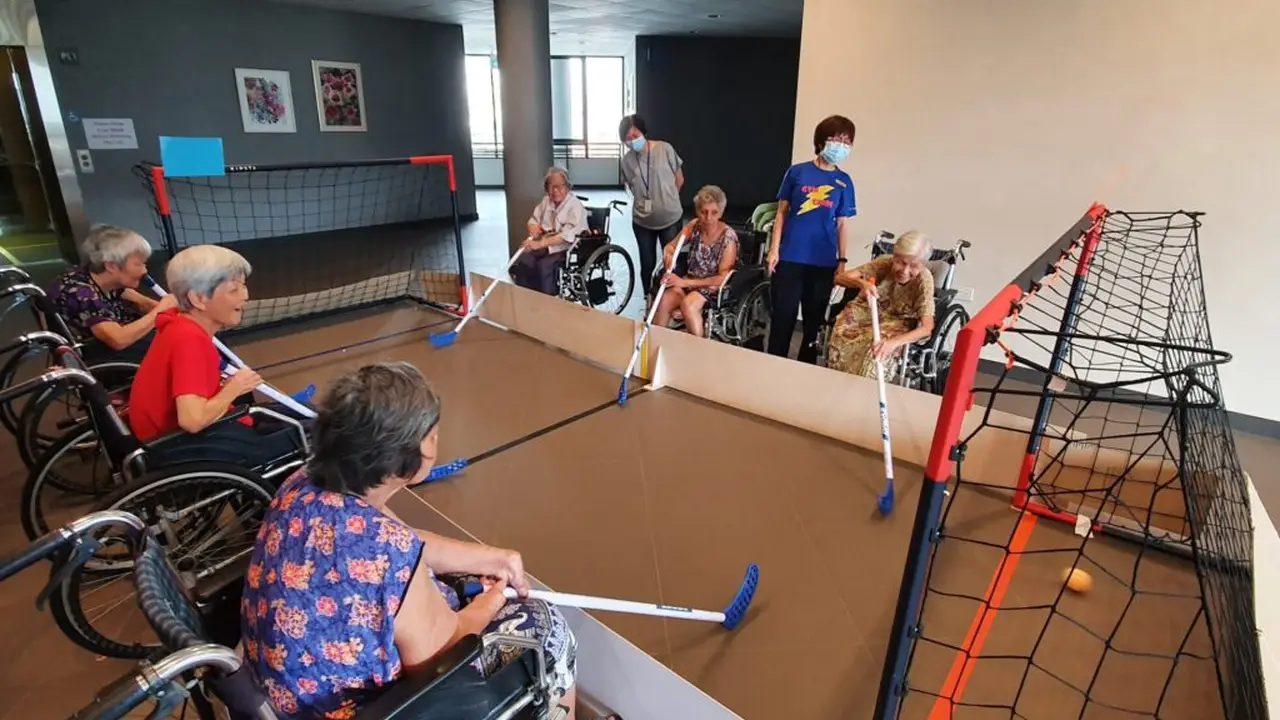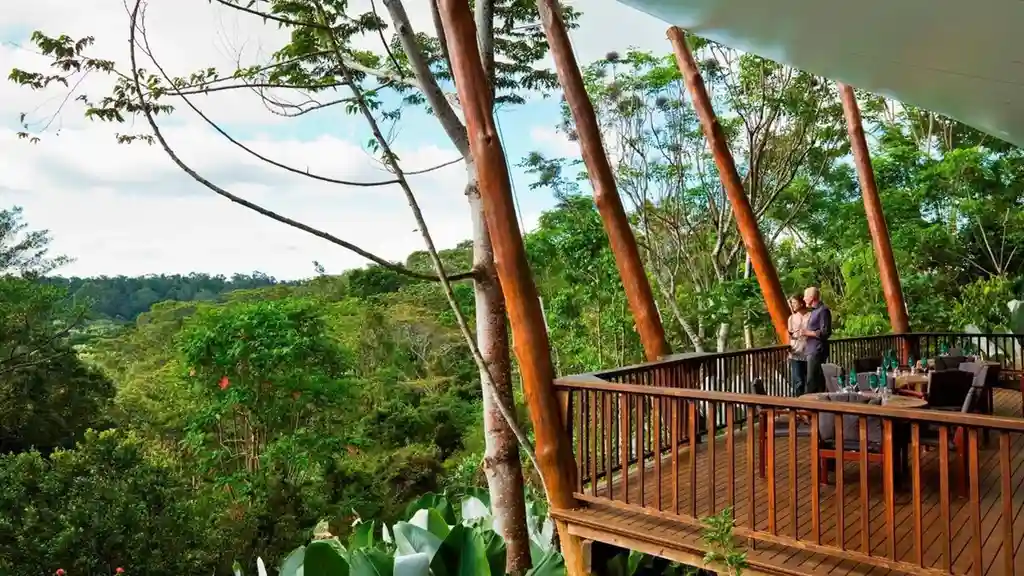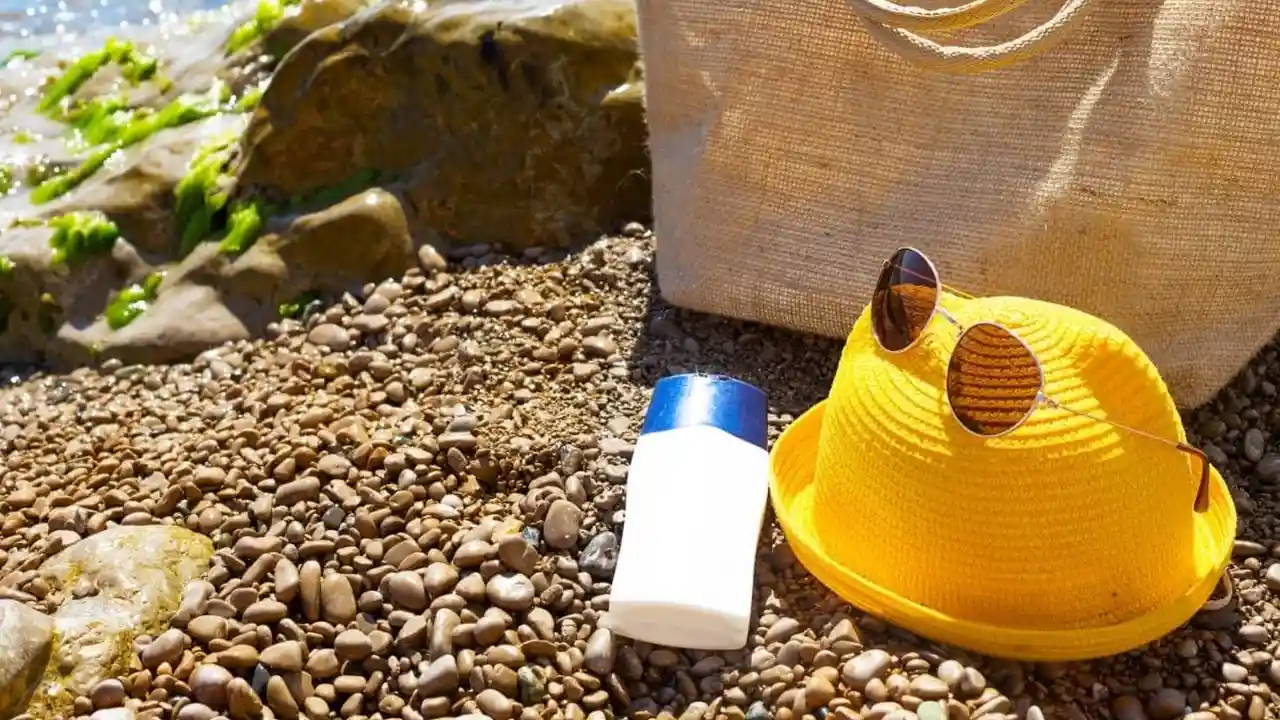Volunteering Accommodation Exchange
Discover sustainable travel hacks to save money and reduce your environmental impact. Learn tips for transportation, accommodation, and food choices. Travel responsibly on a budget with these eco-friendly hacks.

What is Volunteering Accommodation Exchange?
Okay, so you're itching to travel, but your bank account is looking a little… sad? Don't worry, that doesn't mean your eco-travel dreams are dead! Enter the world of volunteering accommodation exchange. This is where you trade your skills and time for a place to stay, sometimes even meals. It’s a win-win: you get to travel on the cheap, and the host gets some much-needed help.
Benefits of Volunteering for Accommodation and Sustainable Travel
Why should you consider this? Well, for starters, it drastically cuts down on accommodation costs. That's a huge chunk of your travel budget freed up! Plus, you get to immerse yourself in the local culture, learn new skills, and make a positive impact on the community. Forget being a tourist; you become a temporary local.
Popular Platforms for Volunteering Accommodation Exchange Opportunities
Ready to jump in? Here are a few popular platforms to get you started:
- Worldpackers: This platform offers a wide range of opportunities, from hostels and eco-villages to farms and NGOs. Think of it as a massive marketplace for skills and accommodation.
- Workaway: Similar to Worldpackers, Workaway connects travelers with hosts around the world. You'll find everything from childcare and gardening to construction and language exchange.
- HelpX: HelpX is another great option for finding volunteer opportunities in exchange for accommodation and food. It’s particularly popular in Europe and Oceania.
- WWOOF (World Wide Opportunities on Organic Farms): If you're into sustainable agriculture, WWOOF is your go-to. You'll work on organic farms in exchange for room and board. Get your hands dirty and learn about sustainable farming practices!
Types of Volunteering Roles Available for Accommodation in Eco-Friendly Locations
The possibilities are endless! Here are some examples of the types of roles you might find:
- Hostel Help: Cleaning, reception, social media management, event planning.
- Farm Work: Planting, harvesting, animal care, gardening.
- Eco-Project Support: Building eco-friendly structures, teaching sustainable practices, conservation efforts.
- Teaching English: Help locals improve their English skills.
- Childcare: Assisting families with childcare duties.
- Construction/Renovation: Helping build or renovate eco-friendly accommodations.
How to Choose the Right Volunteering Opportunity: Important Considerations
Before you commit, do your homework! Here's what to consider:
- Your Skills and Interests: Choose something you enjoy and are good at. If you hate gardening, don't volunteer on a farm!
- Host Reviews: Read reviews from previous volunteers. Are they positive? Are there any red flags?
- Time Commitment: How long are you willing to volunteer? Make sure the time commitment aligns with your travel plans.
- Accommodation Conditions: What kind of accommodation is provided? Is it a private room or a shared dorm? What are the bathroom facilities like?
- Food Provisions: Are meals included? If not, how will you get food?
- Location: Is the location safe and accessible? Is it close to public transportation?
- Project Impact: What impact will your volunteer work have on the community or environment? Make sure it aligns with your values.
Tips for a Successful Volunteering Accommodation Exchange Experience
Here's how to make the most of your experience:
- Communicate Clearly: Before you arrive, discuss your expectations with the host. What are your responsibilities? What are their expectations of you?
- Be Respectful: Respect the host's home, culture, and way of life.
- Be Proactive: Don't wait to be told what to do. Take initiative and offer help where needed.
- Be Flexible: Things don't always go as planned. Be prepared to adapt to changes and be flexible.
- Be Open-Minded: Embrace new experiences and learn from the locals.
- Learn the Local Language: Even a few basic phrases can go a long way.
- Leave No Trace: Practice Leave No Trace principles to minimize your environmental impact.
Recommended Products for Volunteering Accommodation Exchange Travel
Okay, let’s talk gear. Here are some essential items to pack for your volunteering adventure:
- Eco-Friendly Backpack: You'll need a durable backpack to carry your belongings. Look for one made from recycled materials.
- Product Recommendation: Osprey Arcane Large Day Pack (Made from recycled materials, durable, comfortable)
- Usage Scenario: Perfect for carrying your essentials during your volunteer work and exploring local areas.
- Comparison: Lighter than traditional hiking backpacks, but still offers enough space for daily essentials.
- Price: Approximately $130
- Reusable Water Bottle: Stay hydrated and reduce plastic waste.
- Product Recommendation: Hydro Flask (Keeps water cold for hours, durable, various sizes)
- Usage Scenario: Essential for staying hydrated during outdoor activities or while working.
- Comparison: More expensive than plastic bottles, but far more durable and environmentally friendly.
- Price: Approximately $30-50
- Biodegradable Soap/Shampoo: Choose eco-friendly toiletries to minimize your impact on the environment.
- Product Recommendation: Dr. Bronner's Pure-Castile Liquid Soap (Versatile, biodegradable, can be used for various purposes)
- Usage Scenario: Can be used as body wash, shampoo, dish soap, and even laundry detergent.
- Comparison: More concentrated than traditional soaps, so a little goes a long way.
- Price: Approximately $15
- Headlamp: Essential for navigating in the dark, especially in rural areas.
- Product Recommendation: Black Diamond Spot 350 (Bright, lightweight, waterproof)
- Usage Scenario: Useful for navigating around campsites, farms, or hostels at night.
- Comparison: More reliable than using your phone's flashlight.
- Price: Approximately $40
- First-Aid Kit: Be prepared for minor injuries.
- Product Recommendation: Adventure Medical Kits Ultralight/Watertight Medical Kit (Compact, lightweight, includes essential supplies)
- Usage Scenario: Essential for treating minor cuts, scrapes, and blisters.
- Comparison: Lighter and more compact than a standard first-aid kit.
- Price: Approximately $25
- Comfortable and Durable Shoes: You'll be doing a lot of walking and working.
- Product Recommendation: Merrell Moab 2 Vent Hiking Shoe (Breathable, durable, comfortable for long days)
- Usage Scenario: Suitable for hiking, farm work, and general exploration.
- Comparison: More durable and supportive than sneakers.
- Price: Approximately $100
Case Studies: Successful Volunteering Accommodation Exchange Stories
Need some inspiration? Here are a few real-life examples:
- Sarah's Farm Stay in Italy: Sarah volunteered on an organic farm in Tuscany, Italy. She helped with planting, harvesting, and animal care in exchange for room and board. She learned about sustainable agriculture and made lifelong friends.
- David's Hostel Help in Thailand: David volunteered at a hostel in Chiang Mai, Thailand. He helped with reception, cleaning, and social media management. He learned about Thai culture and met travelers from all over the world.
- Emily's Eco-Project in Costa Rica: Emily volunteered on an eco-project in Costa Rica, helping to build sustainable structures and teach environmental education. She learned about permaculture and made a positive impact on the local community.
Potential Challenges and How to Overcome Them in Volunteering Abroad
It's not always sunshine and rainbows. Here are some potential challenges and how to deal with them:
- Language Barrier: Learn some basic phrases in the local language before you go. Use translation apps or take a language class.
- Cultural Differences: Be respectful of local customs and traditions. Do your research beforehand and be open-minded.
- Homesickness: Stay connected with friends and family back home. Find ways to connect with other travelers.
- Difficult Tasks: Be prepared to work hard. Don't be afraid to ask for help if you need it.
- Host Issues: If you have serious issues with your host, contact the platform you used to book the opportunity.
The Future of Volunteering Accommodation Exchange and its Role in Sustainable Tourism
Volunteering accommodation exchange is more than just a cheap way to travel. It's a powerful tool for promoting sustainable tourism, supporting local communities, and fostering cultural exchange. As more people become aware of the benefits, it's likely to become an even more popular way to travel responsibly.
:max_bytes(150000):strip_icc()/277019-baked-pork-chops-with-cream-of-mushroom-soup-DDMFS-beauty-4x3-BG-7505-5762b731cf30447d9cbbbbbf387beafa.jpg)






